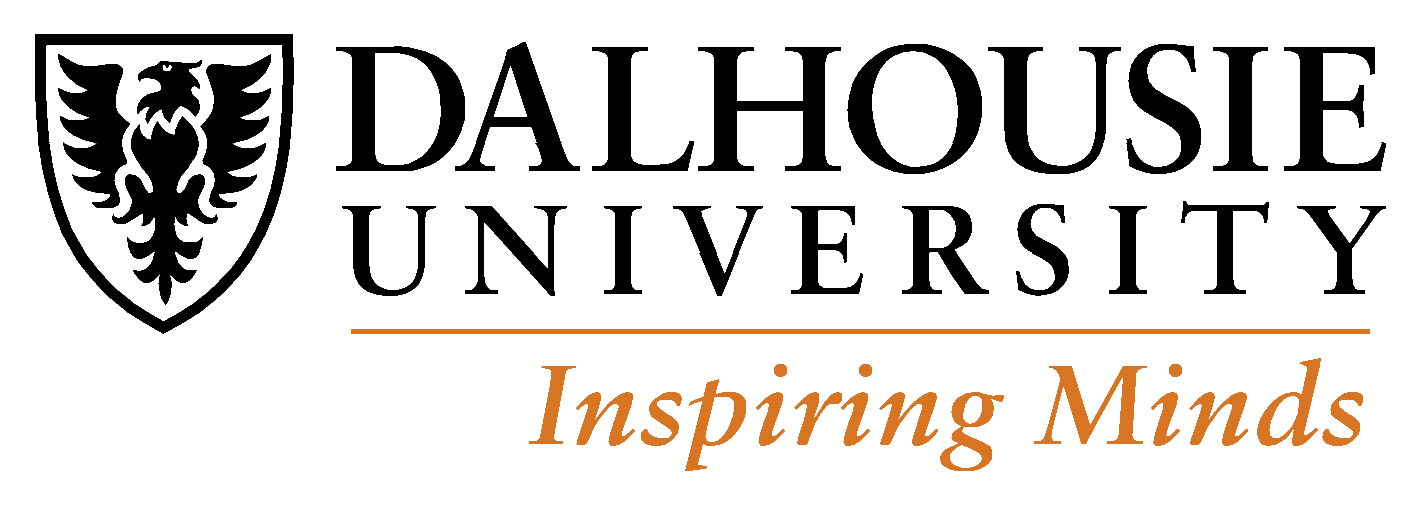Research & Opportunities
Our research aims to fill technological gaps in the -omics field that limit access to existing correlations and interplay between multiple levels of a biological system’s descriptors.

Specific objectives of our research are:
-
Determination of the landscape of genomic instabilities that result in the selective enhancement of important biological phenotypes that characterize environmental perturbation, disease or drug response.
-
Development of comprehensive and integrative time-resolved networks describing the interplay between all the downstream products of gene expression (transcriptomics), translation and post-translational modification (proteomics) and metabolic signals (metabolomics).
-
Comprehensive characterization of the quality of bio-analytical measurement technologies employed in systems biochemistry
-
Application of classical, and development of novel bioinformatics tools for the analysis of large scale -omics data for biomarker discovery and validation.
Vacancies:
-
We are currently accepting applications for post-doctoral fellowships for pillars (a) and (b) of our program.
-
We are also accepting applications for graduate students in all pillars.
Teaching:
-
Advanced Pharmacology - Fall 2021
More About Our Pillars
Fundamental computational method development
In our lab, we treat bioinformatics measurements as realizations from analytical instruments including mass spectrometers (MS), next-generation sequencers (NGS), magnetic resonance spectrometers (MRS) among others. These measurements exhibit unique characteristics in regard to their distribution (deriving from the exponential family) and the structure of the measurement uncertainty. We are specifically interested in incorporating these measurement uncertainties in modeling the data to allow access to signals that are often expressed at low levels. Typically, the instrumental response can be related to design variables using generalized linear models.
Translational Bioinformatics
Lack of user-friendly software remains one of the biggest challenges in -omics research and is the limiting factor in access to the vast information inherent in these data. Our lab is developing a GUI-based tool referred to as the Bioinformatics Toolkit for CLinicians and EXperinentalists (BITCLEX). It is a user-friendly software that is comprised of a complete suite of bioinformatics pipelines used in multi-omics data analysis and visualization for non-data scientists.
We also include a bioinformatics pipeline for analysis of High Throughput Sequencing (HTS) data employed in genotyping by sequencing, to allow clinicians to quickly visualize their results.
Functional Biology via empirical bio-analytical measurements
Molecular biology tools provide data that allow insight into important cellular processes and heterogeneities in their biology as it relates to their response to external perturbations such as disease, or chemotherapeutics. We design experiments that take full advantage of high throughput bioanalytical instruments to answer questions related, for example, to frailty in aging, pediatric cancers among others with the goal of understanding molecular mechanisms that can help us understand the etiology of the phenotype, their prognosis or to identify molecular pathways that we can target for developing personalized treatments.
In our work on frailty, we are developing multi-omics approaches to identify molecular indicators of frailty that can complement clinical parameters currently in use to calculate the frailty index (FI). This project will provide error bounded levels of markers predictive of FI, pathways that may be targeted to potentially remedy unhealthy decline in resilience and, help define treatment plans for individuals based on their molecular profiles since these may reveal potential adverse effects.



Thanks to our funding partners


